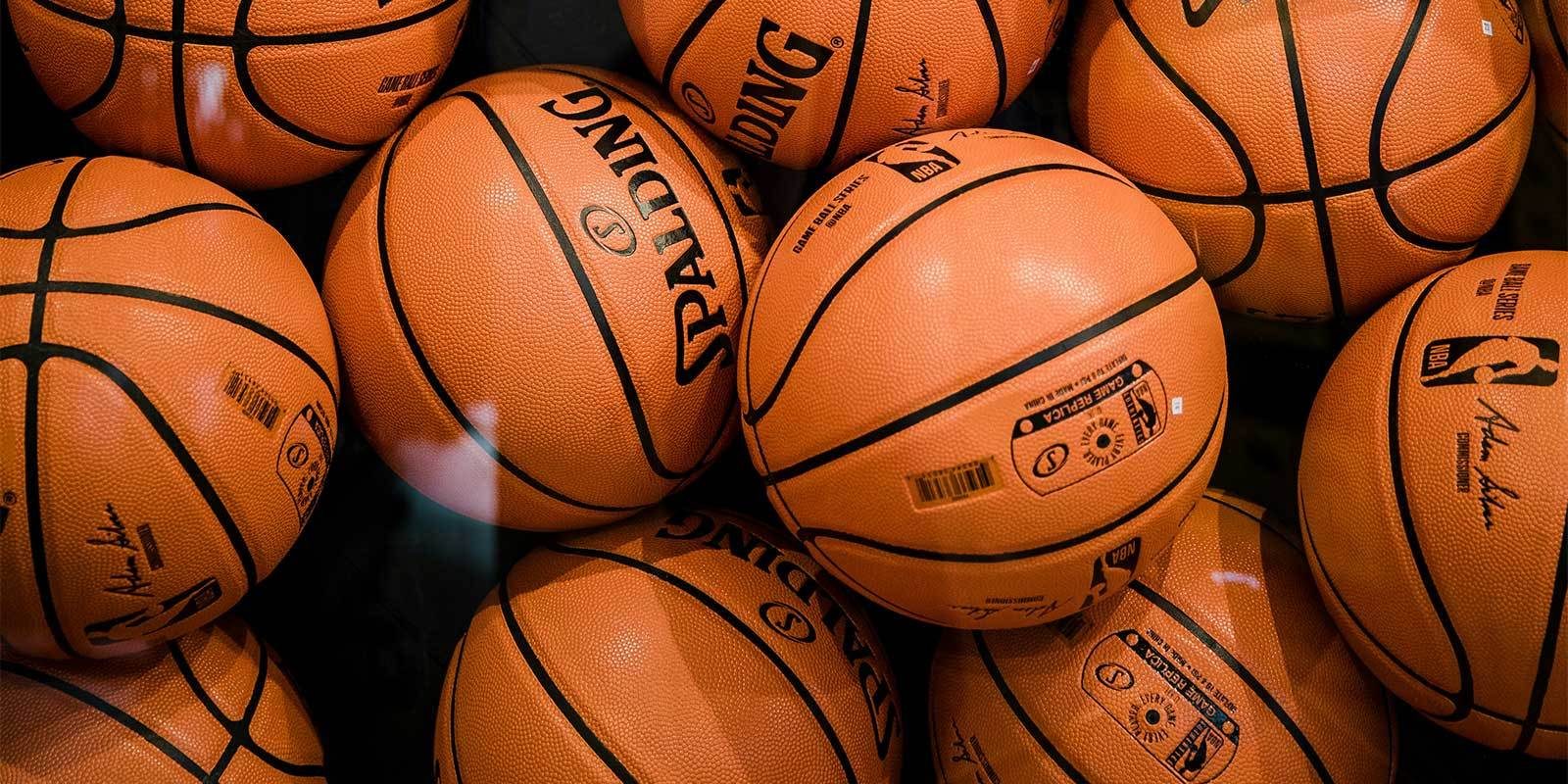Last year, an average of 10 million viewers tuned in for each game of March’s premier sporting event, the NCAA Division I Men’s Basketball Tournament. That’s a big number, but one that’s utterly dwarfed by the estimated number of dollars individuals spent betting on those games in 2023: $15.5 billion. That’s five times the amount spent in the previous year.
This betting boom was made possible, in part, by the legalization of sports gambling in 2018. Currently, 38 states offer legalized sports gambling. (Wisconsin has yet to do so, except for on-site betting at a handful of Native American-run gaming casinos, which are exempt from the legal restrictions.) In most of those 38 states, you can place bets effortlessly, online or through an app on your phone. In some states, popular sportsbook companies like FanDuel and DraftKings have set up betting counters and kiosks at sports arenas. Last fall, Fanatics, the ubiquitous sports apparel company, bought PointsBet, the Colorado-based sportsbook, further upending the gambling landscape.
“This is the logical conclusion of the way things have always been,” says Jason Kido Lopez, an assistant professor of communication arts who studies the history of sports gambling and its symbiotic relationship to sports organizations and sports media. “These entities, they’ve always been interrelated, and they’ve always been influencing each other and building upon each other. Now that gambling is legal, and they can interact freely, it’s the natural outcome.”

March Madness has become a perfect example of Lopez’s assertion.
“You can tell the story of a sport through the shifting of the gaming practices around it,” he says. “The NCAA Tournament has always involved gambling and gaming.”
Ironically, in its first four decades, the NCAA Tournament tried to distance itself from gambling. The National Invitational Tournament (NIT), which began in 1938 one year before the NCAA launched their own hoops event, was an immediate gambling haven. This was in part because it took place in New York, a city where it was common for bookmakers to patrol the stands and sidelines. For years, NCAA officials were concerned about the impact gambling might have on their brand — and the mix of gambling and college students — so they kept gambling activities at arms’ length. The brackets that organize the tournament have been around since the very beginning, but according to the Smithsonian Magazine, people didn’t begin filling out their own brackets to take part in betting pools until 1977.
Today, betting around March Madness is about so much more than nailing the mythical perfect bracket. The Super Bowl may have been the genesis of the proposition bet, but sportsbooks looking to leverage March Madness have embraced it with the fervor of a sideline mascot hugging a superfan. With 68 teams playing against each other, there are thousands of possible bets that can be made.
Instead of having to nail every matchup in your 68-team bracket, it’s now possible (and wildly popular) to make prop bets (will my team survive the first weekend?) and single-game parlays, where you might be able to bet on the specific performances of individual players (will my team’s point guard score more than ten points in the second half and pick up less than two fouls?). These options open the doors to a much wider range of fans who might want to bet.
“It allows you to focus your knowledge, or maybe even your fandom, in a way that the bracket game doesn’t,” says Lopez. “Offering all these odd bets is an extra avenue for fans to get into the games. And these sportsbook companies, they want to be a spot where if you’re interested in any component of the game, they’ll be able to give it to you.”
The other trend Lopez is seeing is a sudden expansion of gambling interest in the NCAA Division I Women’s Basketball Tournament. Women’s sports have typically been woefully underserved by sports media and sports gaming. But driven by ESPN’s recent purchase of the event’s broadcast rights and the superstar appeal of University of Iowa Hawkeyes’ guard Caitlin Clark, interest in the women’s game has never been higher. And that includes gambling on the games.
“Not that long ago, it was hard to even find a March Madness women’s bracket you could fill out online through a major sports media company,” Lopez says. “It was sometimes hard, if not impossible, to find odds on women’s sports.”
Now, most of the major sports media outlets and sportsbooks have those brackets and odds front and center, driving even more fan interest and engagement. Lopez, who is publishing a book on changes in the sports media landscape, is excited to see where it all goes.
“It’s interesting to see how we’re getting to watch these three things all come together in real time — interest in the sport, media coverage of the sport and gaming around the sport,” he says. “I think we’re going to see more of it this year, more next year and more the year after.”
